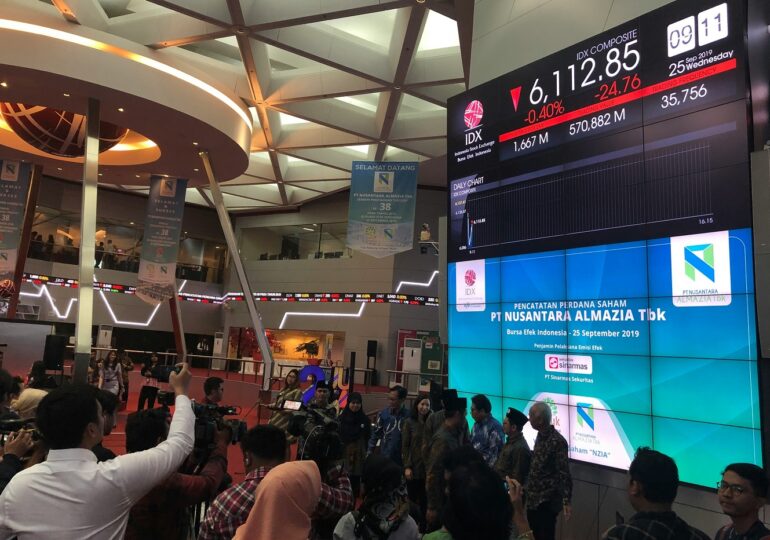The escalation of trade tensions and significant changes in the global trading system will trigger a worsening of the economic forecasts of the International Monetary Fund (IMF), but nevertheless, a global recession is not anticipated, stated the IMF Managing Director, Kristalina Georgieva, as reported by Reuters.
The World Economic Outlook (WEO) report will be released during the spring meetings of the IMF and the World Bank, scheduled to take place from April 21-26 in Washington, where both institutions are headquartered.
Georgieva mentioned on Thursday that economies of countries are being tested by a reset in the global trading system, triggered in recent months by U.S. tariffs and retaliations from China and the European Union, leading to unprecedented uncertainty in trade policy and extreme volatility in financial markets.
"The disruptions entail costs, our new forecasts will include a significant downward revision, but not a recession," stated Kristalina Georgieva, adding that the new forecasts will also include higher inflation for some countries.
High uncertainty also increases the risk of stress in financial markets, Georgieva further mentioned, adding that recent developments in U.S. Treasury bond yields should serve as a warning.
"Everyone suffers when financial conditions deteriorate," said the IMF chief.
In January of this year, the IMF forecasted that the global economy would grow by 3.3% in 2025, and a similar advancement in 2026.
Georgieva did not provide details on the extent of the revisions, but warned that prolonging uncertainties would be costly. "When giants clash, small countries are also caught in the currents," Georgieva said.
China, the European Union, and the U.S. are the world's largest importers, which means serious consequences for smaller countries that are more exposed to tightening financial conditions.
Georgieva urged countries to continue economic and financial reforms while maintaining credible and agile monetary policy, as well as strong regulation and supervision of financial markets. In turn, emerging economies should maintain exchange rate flexibility.
Additionally, Georgieva called for cooperation. "We need a more resilient global economy, not divisions. All countries, big and small, can and must contribute to strengthening the global economy in an era of more frequent and severe shocks," said Georgieva.

